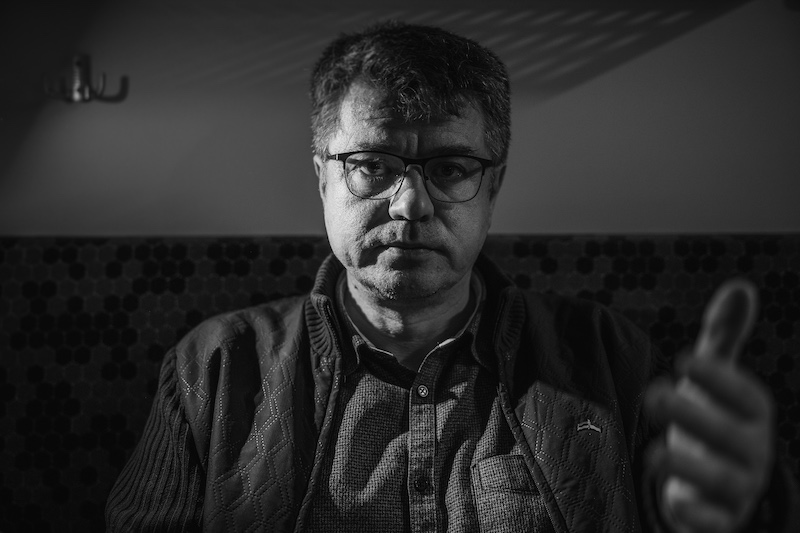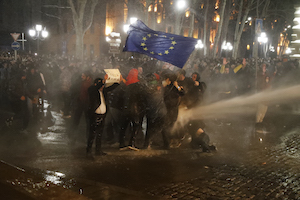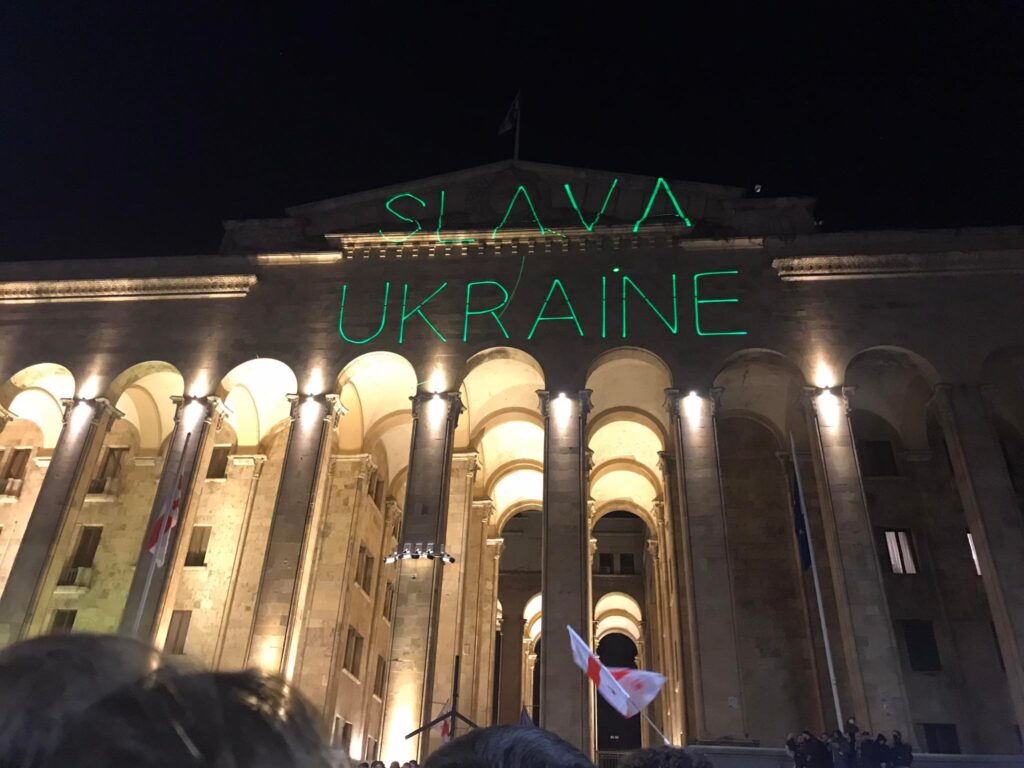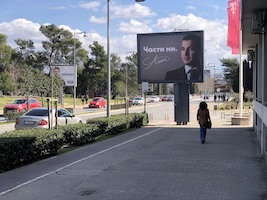Last summer, Georgia hoped to be accepted as an EU candidate country along with Ukraine and Moldova, but fell short. Estonia’s outgoing two-term foreign minister Urmas Reinsalu explains why that happened, why Georgians might be disappointed again and why a historically supportive Estonia is now disillusioned with Georgia’s progress towards EU accession.
Why are some countries in the EU not supporting Georgia’s candidacy?
Leaving more technocratic aspects aside, the main problem is the functioning of the rule of law and democracy in Georgia. We do not see any determined efforts by the Georgian government. The people of Georgia are very much in favour of integration with the West. Therefore, the government supports it rhetorically, but its practical approach is one of regression.
Great hopes were placed in Georgia’s accession process in 2008. How has it changed from an Estonian perspective?
Estonia’s instinctive sympathy for Georgia was the cornerstone of our relations after the country fell victim to Russia’s invasion in 2008. We have supported them despite various political developments since that time.
However, the events of the last few years have disturbed us. We have repeatedly expressed our disappointment at the suppression of the opposition. Estonia cannot remain silent on this.
Symbolic of this is the deterioration of the former President Mikheil Saakashvili’s health in prison. I have personally campaigned for him to be given the opportunity to receive medical treatment abroad. We have also offered medical assistance on our own behalf. These requests have not been met with a positive response.
One of these disappointments could be the Georgian reaction to the full-scale Russian invasion of Ukraine?
Considering that Georgia itself is a victim of [a Russian] invasion, the attitude of the government in Tbilisi has been far too lenient. Politically, it is still a like-minded country, but we have not seen a firm attitude towards the hundreds of thousands of Russians being allowed to pour into Georgia. The same goes for Georgia’s approach towards sanctions against Russia.






